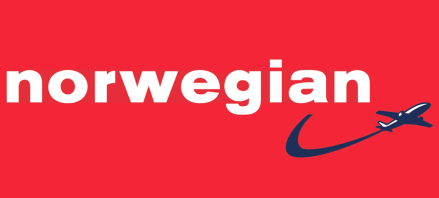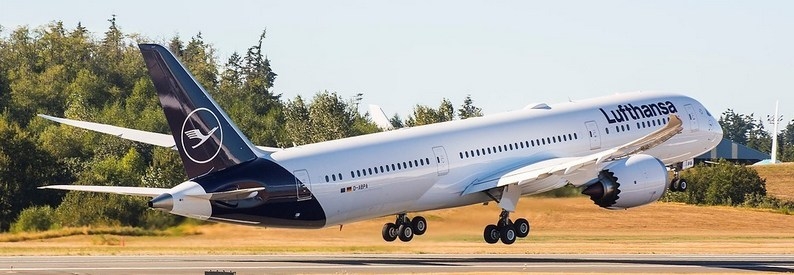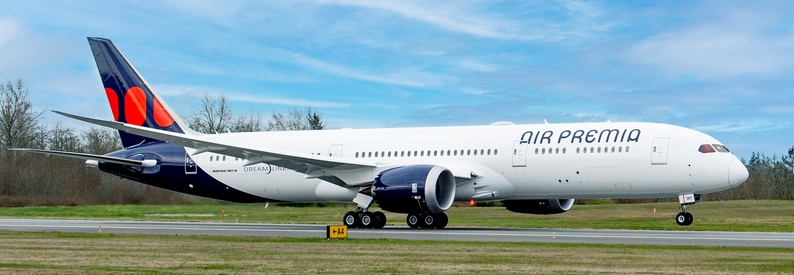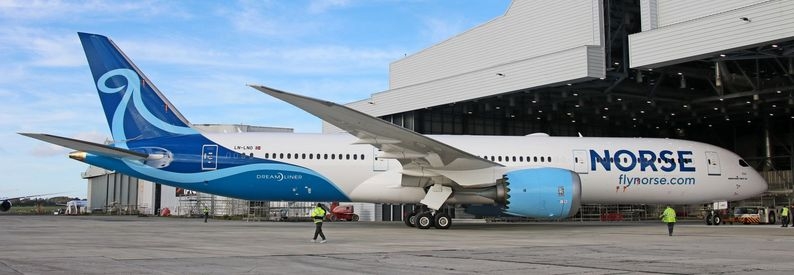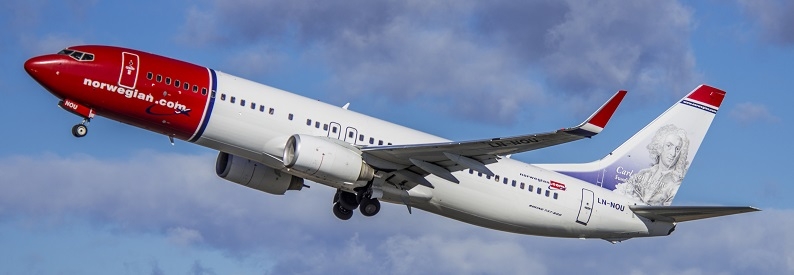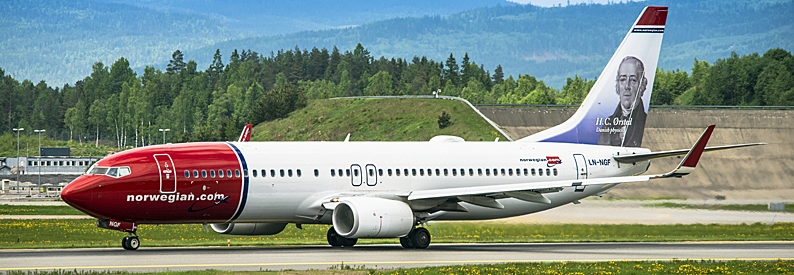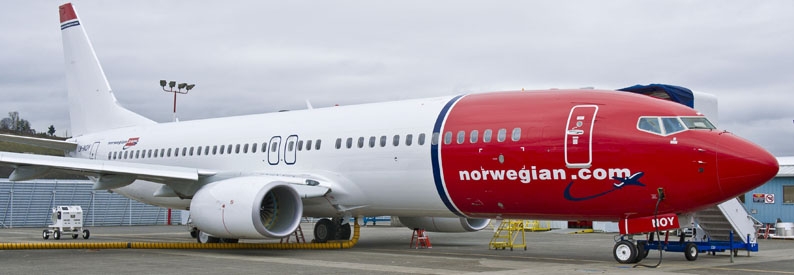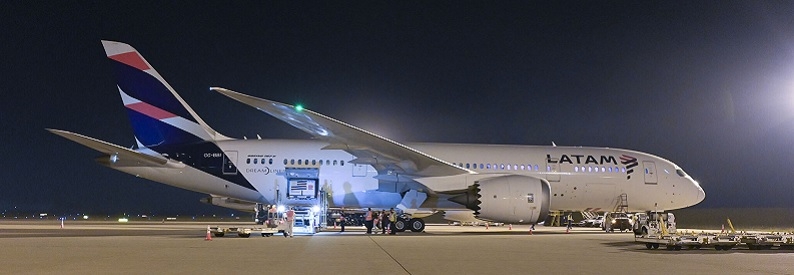Norwegian UK (London Gatwick) has applied to the US Department of Transportation (DOT) for exemption authority and a Foreign Air Carrier Permit (FACP) to allow it conduct scheduled and chartered, passenger and freight services between Europe and the United States. Norwegian UK (NAUK) secured its British AOC in November last year amid plans to commence revenue operations later this quarter.
But as with Norwegian's other start-up, the controversial Norwegian Air International (Dublin International), airline trade unions on both sides of the Atlantic have objected to the application claiming NAUK to be yet another attempt by Norwegian to use a flag-of-convenience.
Given the sparseness of details concerning Norwegian UK's operational parameters, the Air Line Pilots Association (ALPA), the Allied Pilots Association (APA), the Transportation Trades Department, AFL-CIO (TTD), the Transport Workers Union of America, AFL-CIO (TWU), the Association of Flight Attendants-CWA (AFA-CWA), the International Association of Machinist and Aerospace Workers (IAM), and the European Cockpit Association (ECA) have all lobbied the DOT to request additional information from NAUK, its employment practices and business model in particular.
"While NAUK’s minimalist application does not disclose what the applicant’s plans are with respect to employment of the pilots and flight attendants who would staff its long‐haul operations, it is possible that NAUK intends to use the same model employed by Norwegian Air International," the TTD claimed.
Norwegian Air International's application for route exemption authority was dismissed in mid-2014 while a decision on its FACP has been deferred indefinitely. At the time, unions as well as US and European legacy carriers collectively accused the Norwegians of using the carrier's Irish registration to by-pass more stringent Norwegian labour laws and thus give it a cost advantage. In addition, they claimed Norwegian never had any intention of using NAI to serve the Irish market but used it simply for its access to the EU-US market.
